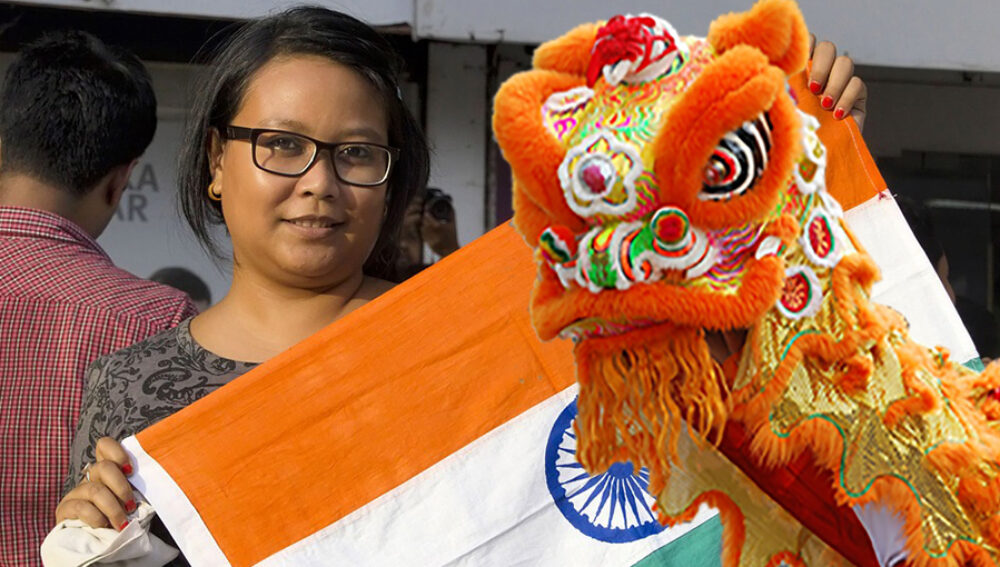As there are only 4,000 people of Chinese ancestry in India, China faces a demographic disadvantage in pushing its influence operations in India, unlike in the US and Australia, which have a large Chinese diaspora and have no history of direct military conflict with the country, making them more susceptible.
China’s influence operations (IO) have stirred up a global storm, more so in democracies, exploiting their openness to make deep inroads. It is silent, sinister, and deeply disturbing, and has accorded Clausewitz’s concept of “war as a continuation of politics by other means” a new dimension. It is a worrying matter not because democracies have reacted a tad late, but because they lack a robust counter-strategy. Russia’s interference in the 2017 US Presidential Elections, and Chinese IO have triggered a debate in democracies over political backlash and free speech, as policymakers scramble to get a grip over them.
The Chinese Communist Party (CCP) members, affiliated institutions, corporate houses, news agencies, and associated philanthropists have reportedly penetrated deep into the academia, strategic circles, political parties, and Government establishments to shape conducive political climate and public opinion for China’s grand Belt and Road Initiative and expansionist South China Sea policies.
IO have muddied the distinction between ‘soft power’, which is based on the appeal of culture and values, and what has been termed as ‘sharp power’ by experts, which denotes a more aggressive and coercive intent to shape opinion and policies in other countries. IO is different from psychological warfare, in which propaganda is backed by hard military action or economic measures to damage the adversaries’ morale. A 2009 RAND report defined IO as a “coordinated, integrated, and synchronised application of national diplomatic, informational, military, economic, and other capabilities in peacetime, crisis, conflict, and post-conflict to foster attitudes, behaviours, or decisions by foreign target audiences”.
Please click here to read the full “Democracies in the dragon’s shadow” article published at The Pioneer, written by Griffith Asia Institute Adjunct Fellow – India Program, Dr Ashutosh Misra.








